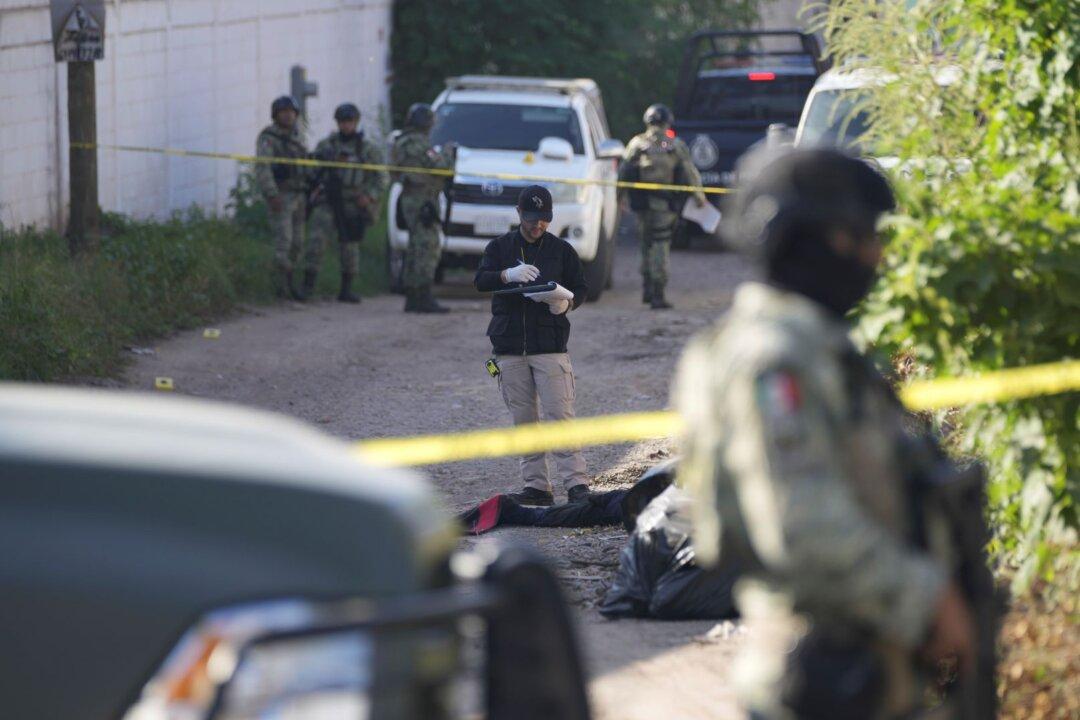Mexican President Andrés Manuel López Obrador has blamed the United States for an upsurge in violence between cartel factions in the state of Sinaloa, which has left at least 30 people dead.
Two factions of the powerful Sinaloa cartel have attacked each other in the state capital of Culiacan recently, with teams of gunmen—or sicarios—firing at each other and at the security forces.





